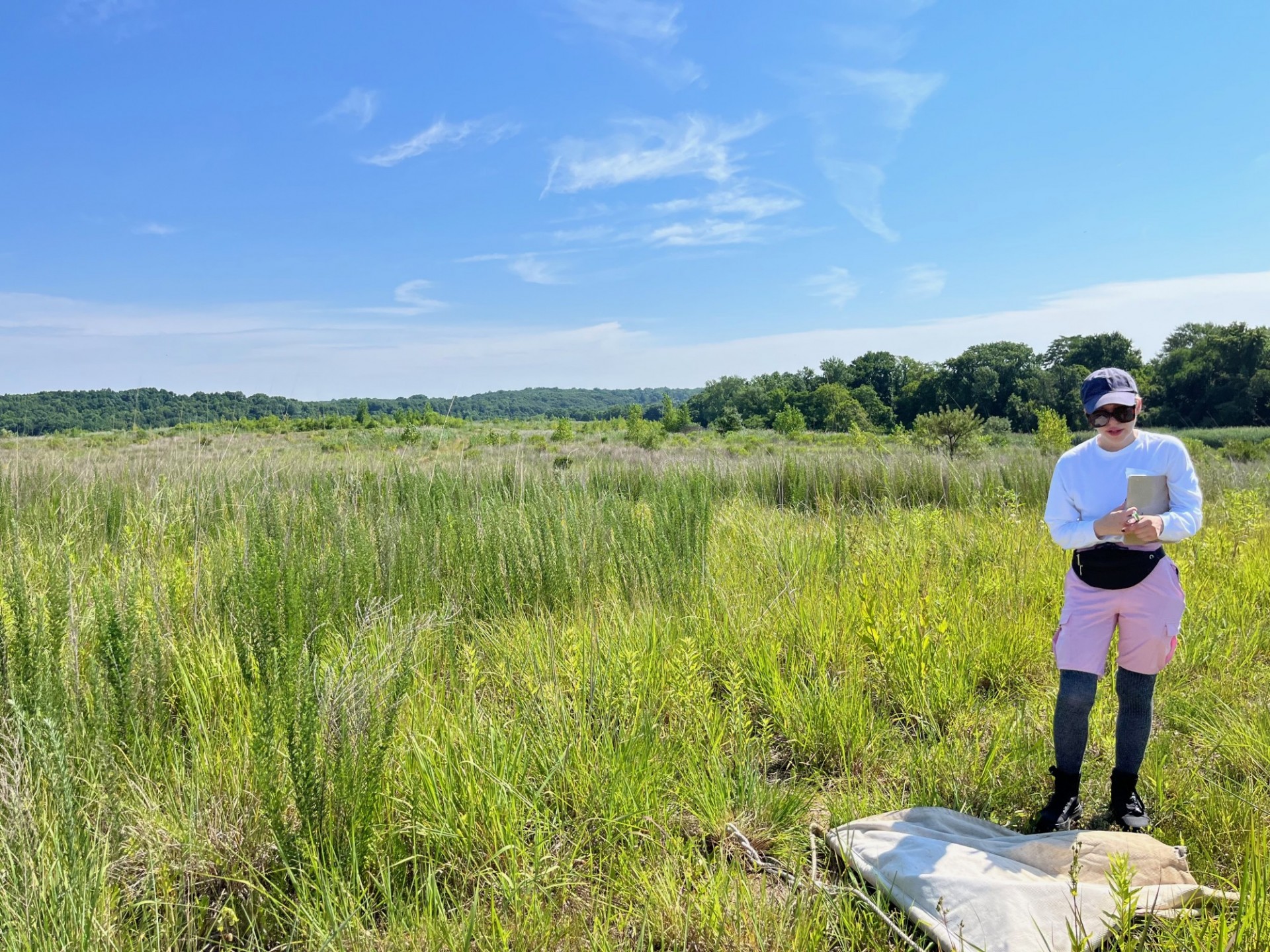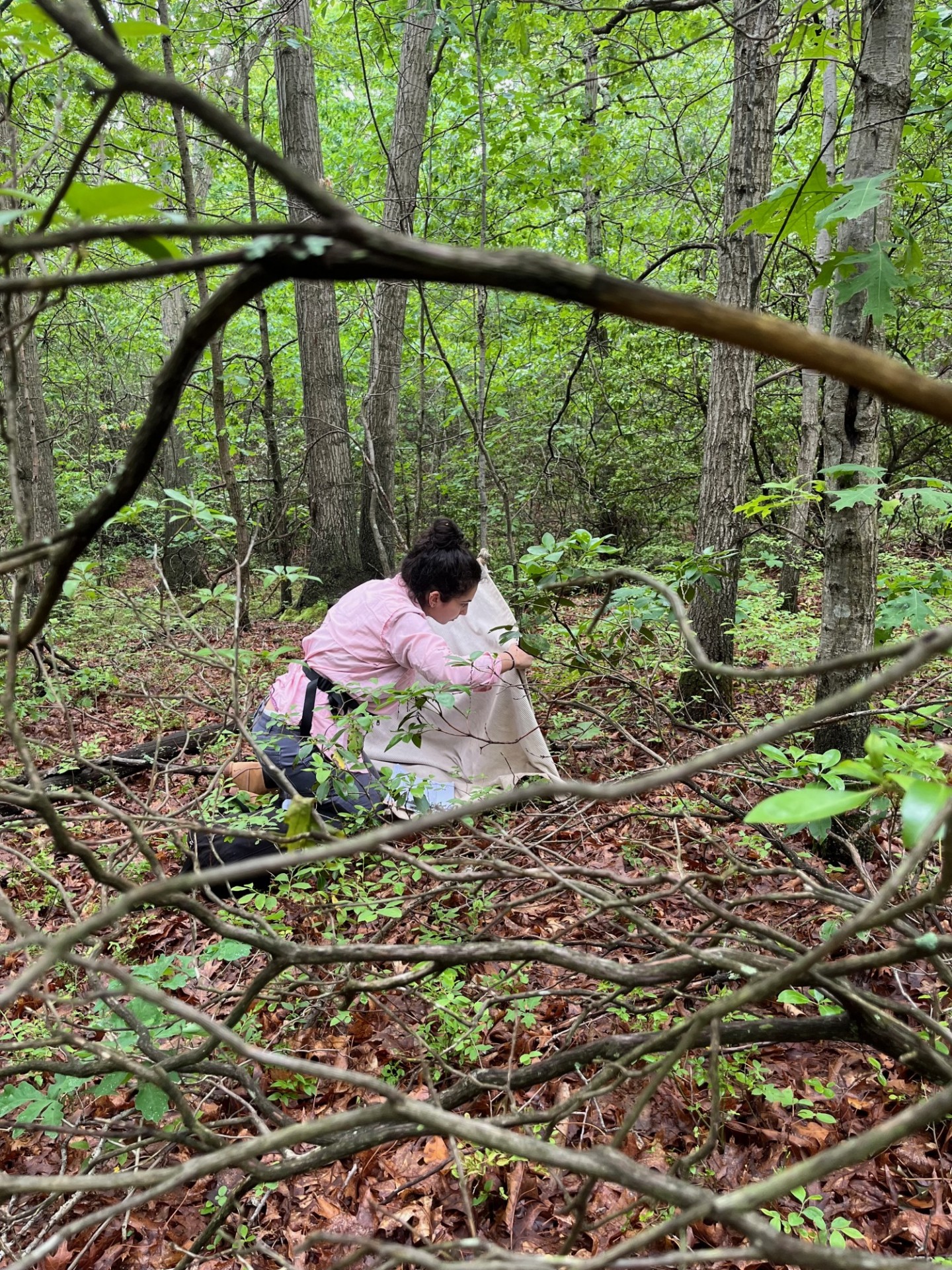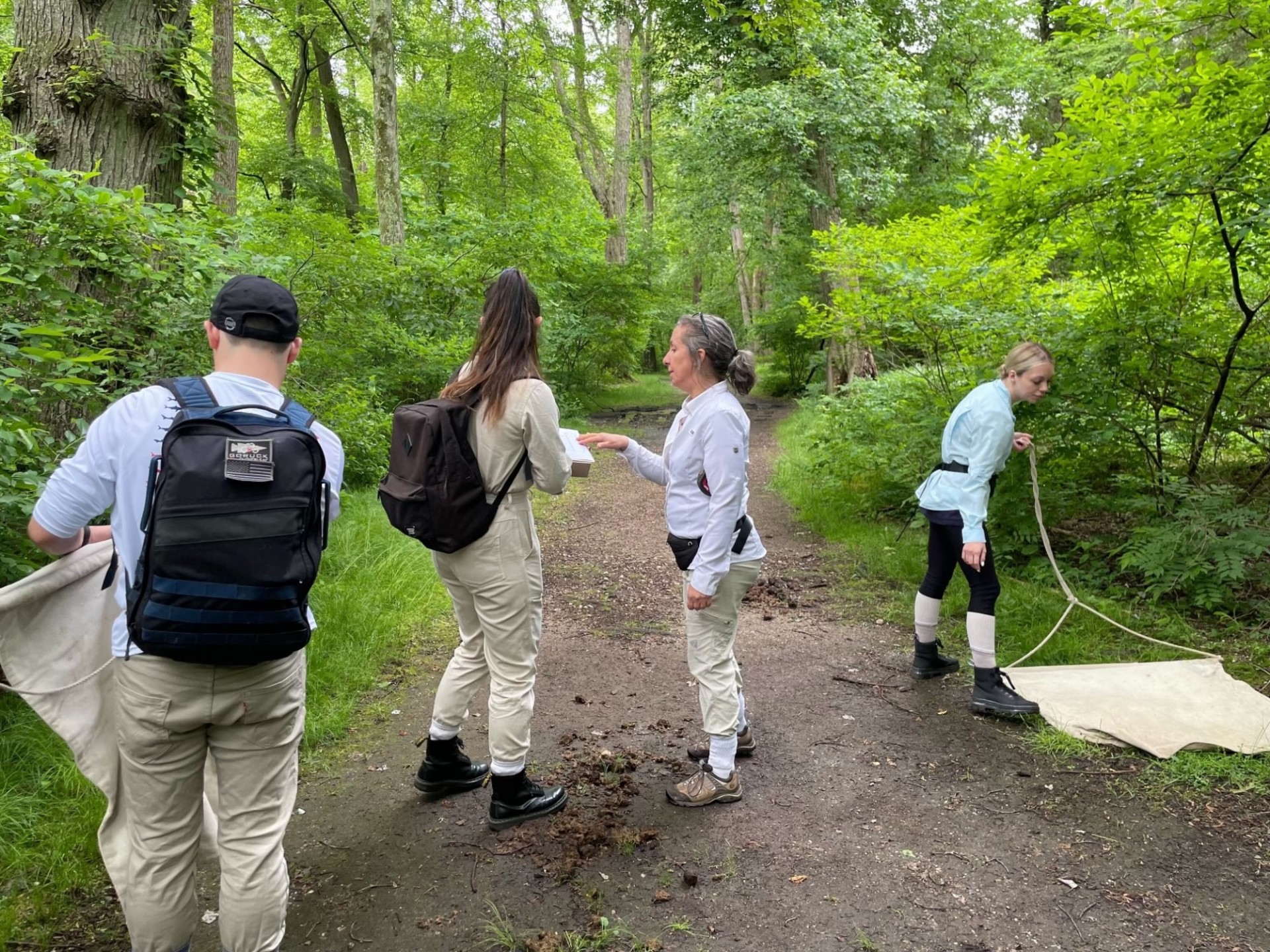We are currently hiring MPH students and seasonal research assistants for 2024. See posting information below.
Seeking MPH students for Applied Practice Experiences (APEs) in Vector-borne Disease (2024)
Primary responsibilities (one or more of):
- Assist with facilitation of focus groups and needs assessments.
- Assist in synthesis and development of Knowledge, Attitude, and Perceptions surveys.
- Conduct online and in-person recruitment and surveys of multiple stakeholders.
- Manage public outreach activities (online and in-person), including preparing and distributing announcements and reports, attending public events, and updating social media.
- Assist in ecological studies of tick-borne disease control including tick sampling, managing camera traps, conducting tick and vertebrate image identification.
This is a full-time, temporary and seasonal position for Summer 2024 (May to September); part-time employment is also available for Spring 2024. You can apply for one or both of these options.
Please attach the following in a single PDF document with your last name in the subject:
(1) Cover letter outlining relevant experience
(2) Resume/CV
Please provide the full name and position of each of your three references. Please include their phone number and email address in the "Contact Information" section.
Apply here: https://forms.gle/JWbFUEYJr9ZbXiy59
Application review is on a rolling basis.
Image Carousel with 5 slides
A carousel is a rotating set of images. Use the previous and next buttons to change the displayed slide
-
Slide 1: student dragging for ticks
-
Slide 2: students sampling for ticks in the yard
-
Slide 3: students surveying and sampling for ticks in the yard
-
Slide 4: researcher sampling for ticks in the park
-
Slide 5: student handling mice in the field
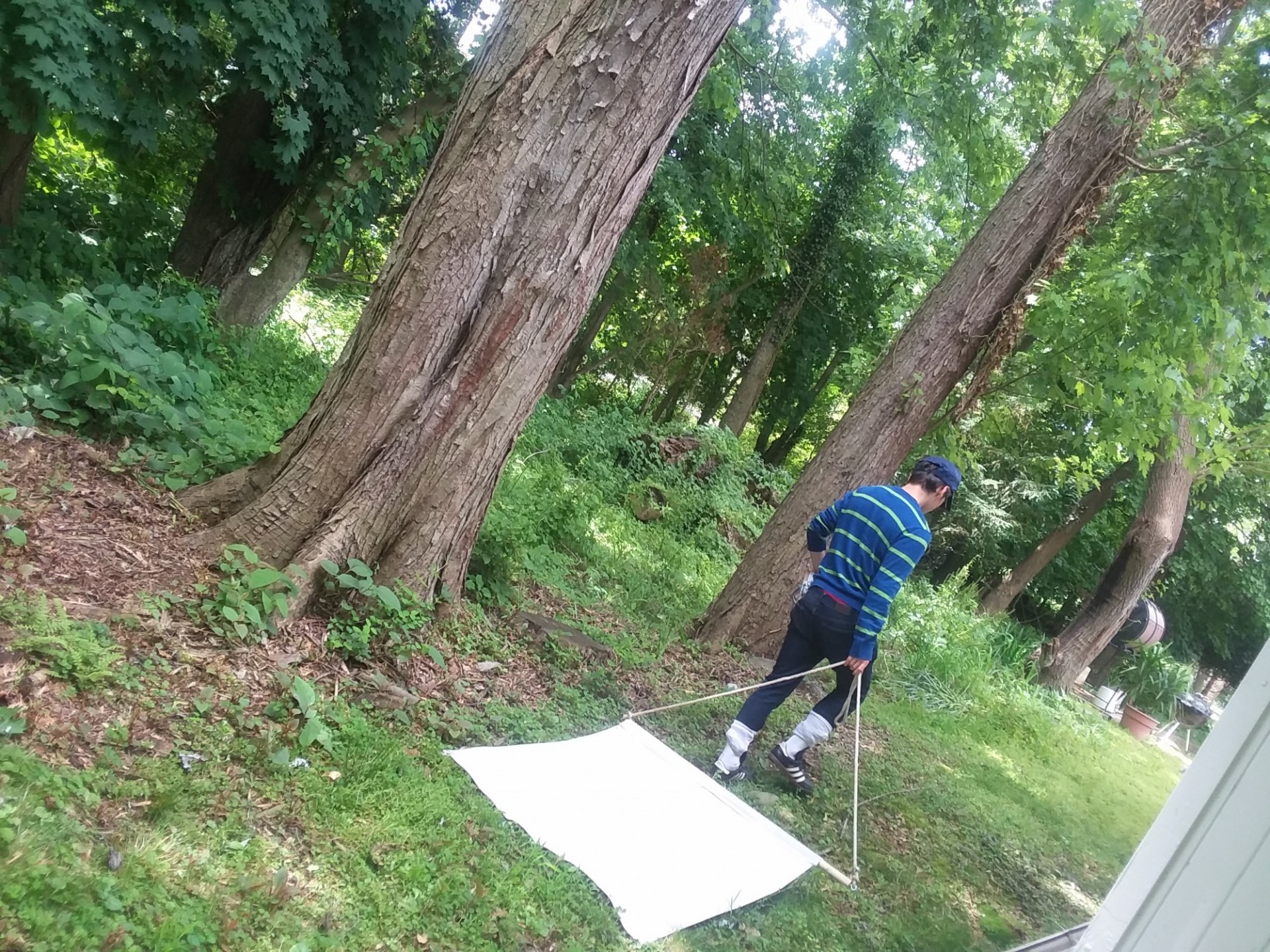
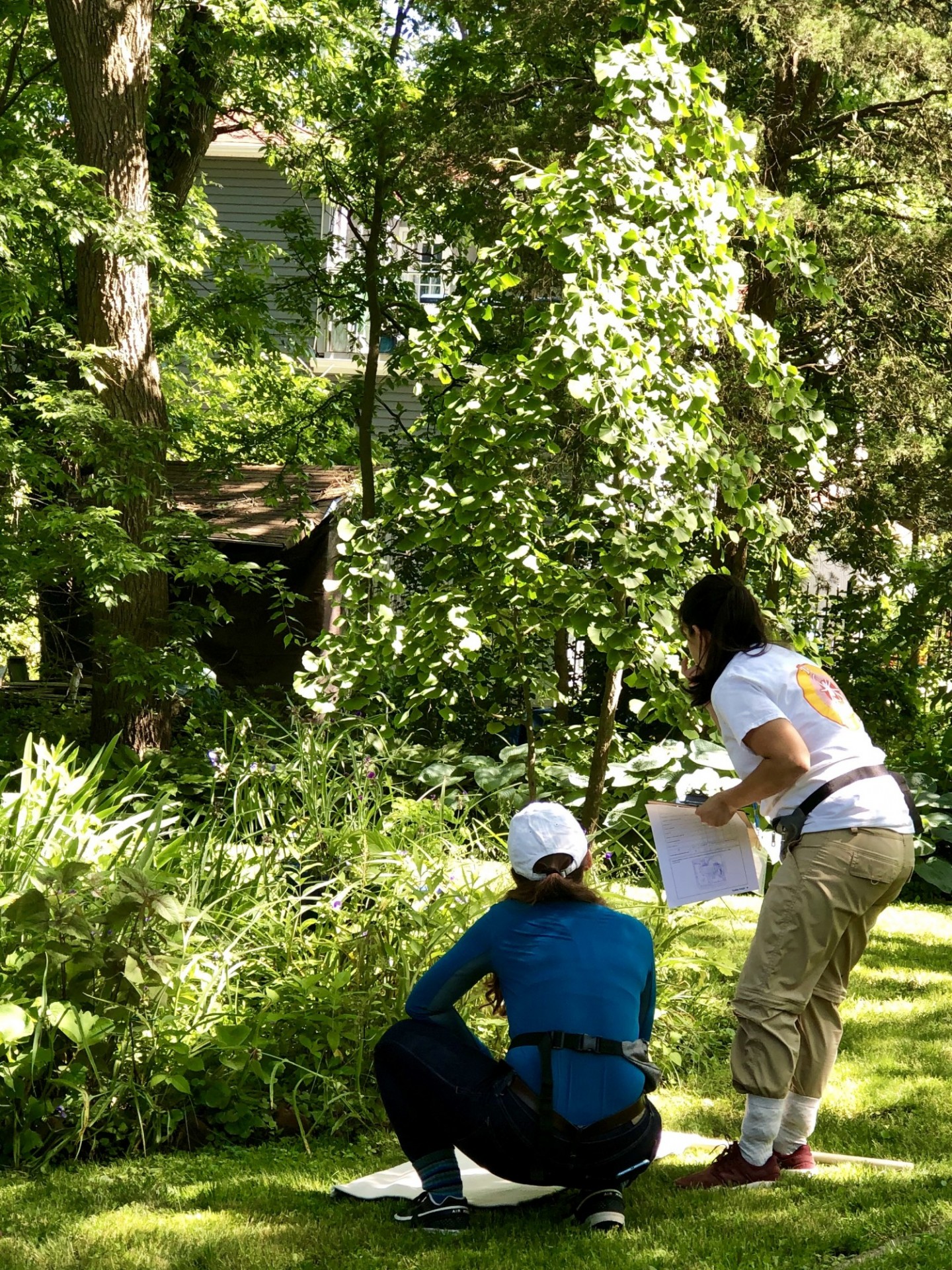
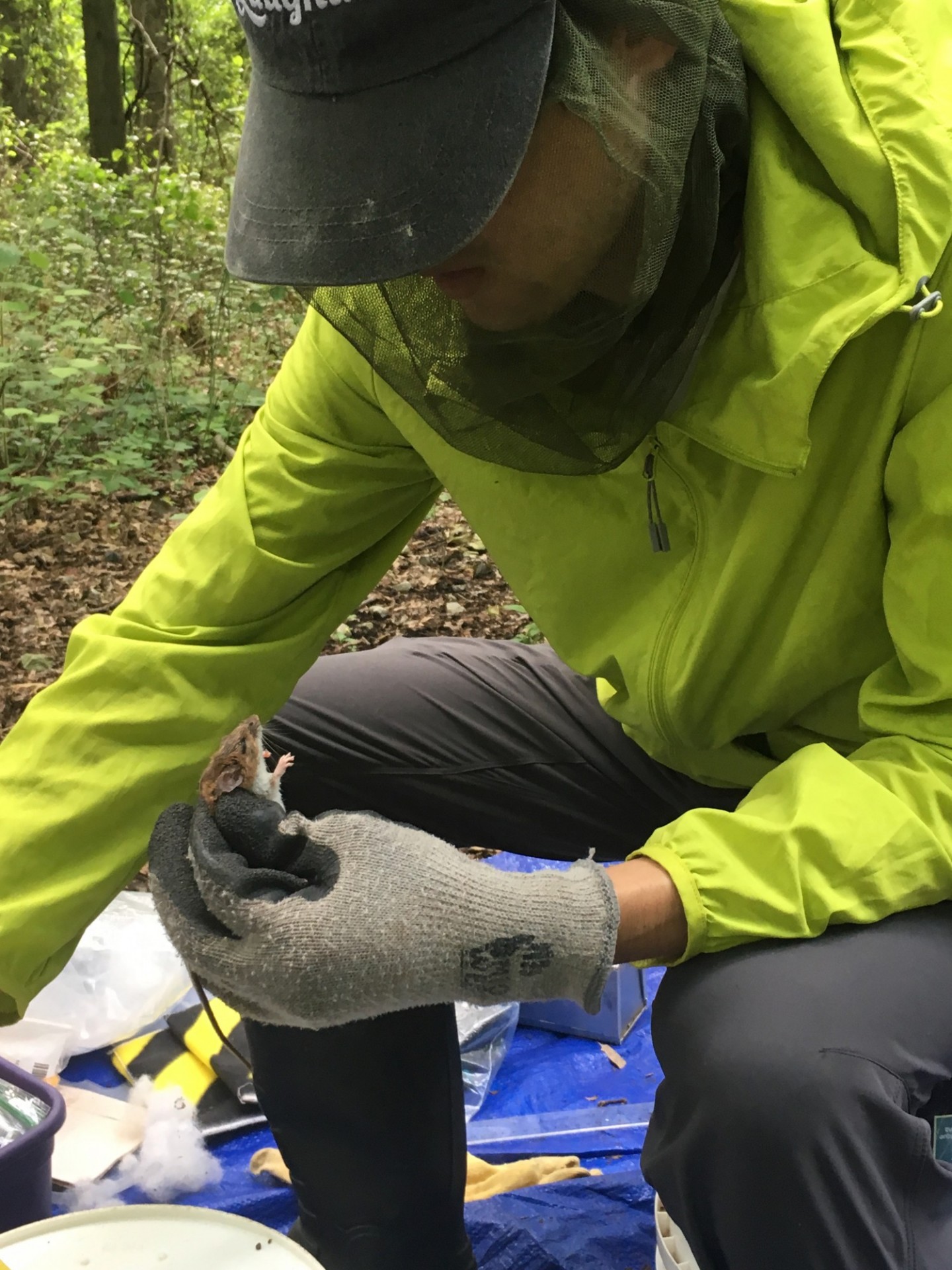
Seeking summer research assistants for 2024!
The Eco-epidemiology Lab at Columbia University has several positions for highly motivated Research Assistants to assist with research and outreach activities for the 2023 field season on a project studying the eco-epidemiology of vector-borne diseases throughout New York City and Long Island.
Primary responsibilities (one or more of):
- Conduct online and in-person recruitment and knowledge, attitude, and practices surveys
- Conduct ecological assessments of larger public spaces such as parks and preserves
- Conduct tick collection surveys
- Conduct small mammal surveys
- Participate in avian point counts and banding surveys
- Coordinate data collection and management of a field crew of 3-4 RAs
- Public outreach activities (online and in-person), including preparing and distributing announcements and reports, attending public events, and updating social media.
This is a full-time, temporary and seasonal position for Summer 2024 (May to September).
Please attach the following in a single PDF document with your last name in the subject:
(1) Cover letter outlining relevant experience
(2) Resume/CV
Please provide the full name and position of each of your three references. Please include their phone number and email address in the "Contact Information" section.
Apply here: https://forms.gle/vE3S6p2sxjGaHAqQ8
Application review will begin February 5th and will continue on a rolling basis.
We are looking for MA and PhD Students!
We are looking for motivated students to apply to the Ecology, Evolution, and Environmental Biology Department for our PhD and MA programs. If you are interested in joining the lab, please e-mail Maria Diuk-Wasser with your CV and a short statement on: a) your background and research interests; and b) how these interests align with the work of the lab (i.e., what aspect of vector-borne disease eco-epidemiology you would like to work on).
